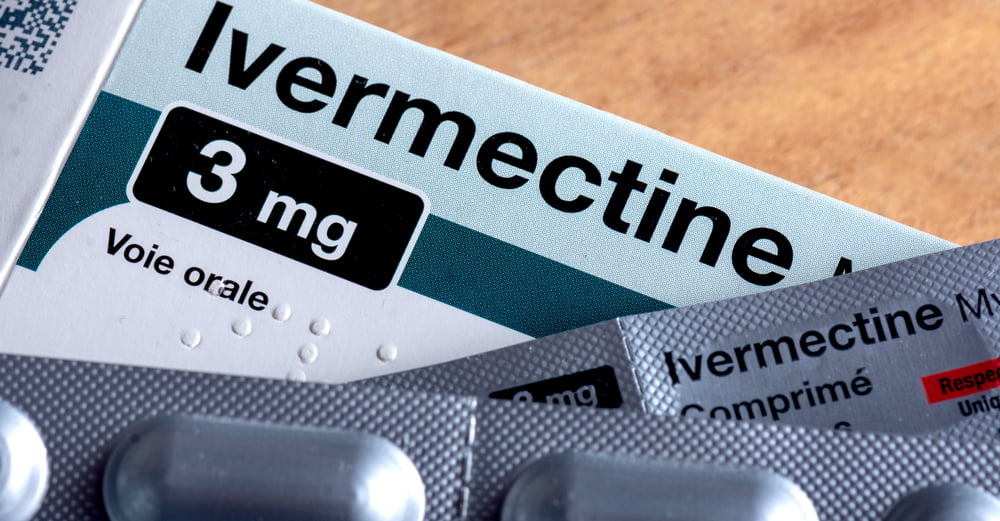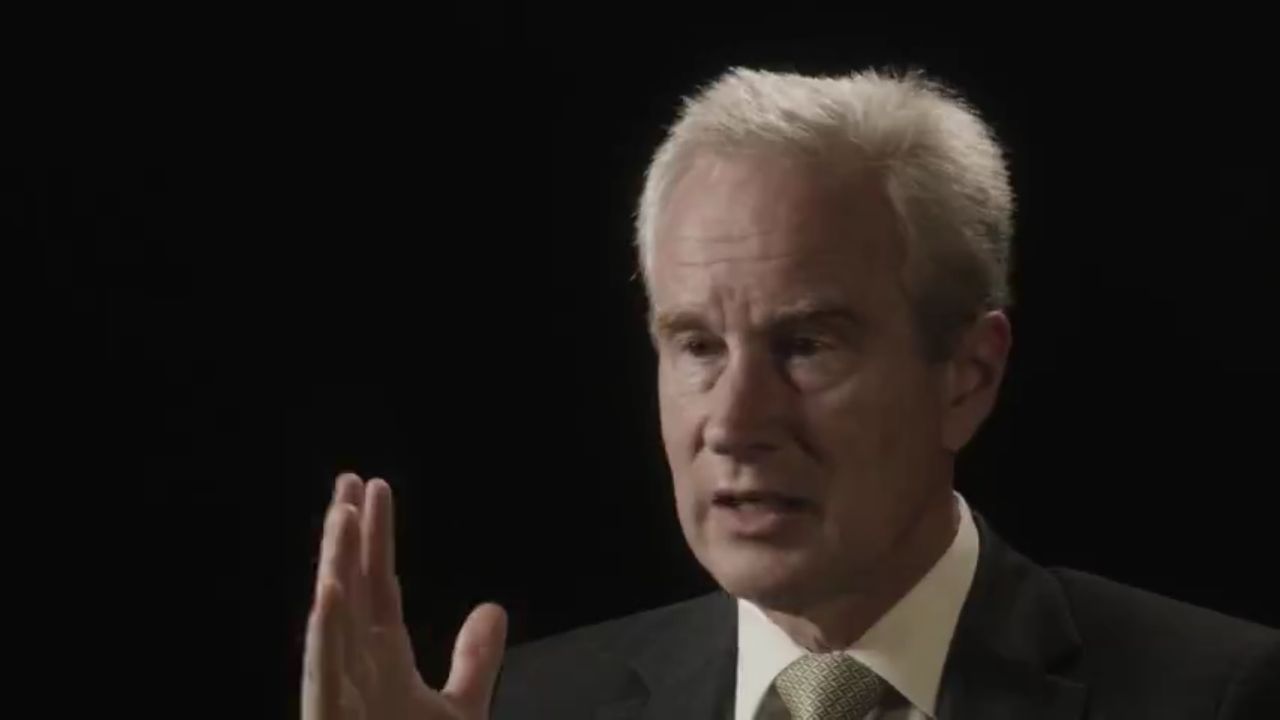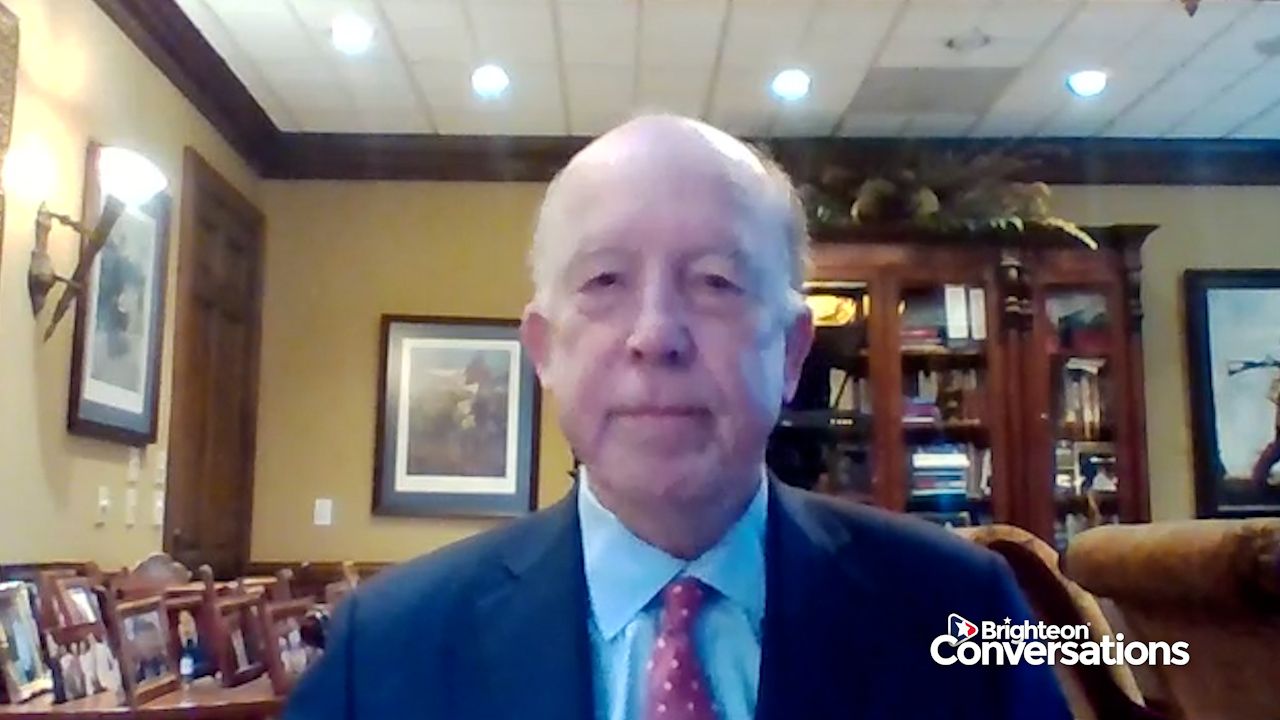Dawn (Univ of Pitt) 10:40 AM
This is from Pam Popper on ACHA - I think it's always important to follow the money:
The Forbidden COVID-19 Chronicles
Why Colleges and Universities are Requiring COVID-19 Vaccines
Pamela A. Popper, President
Wellness Forum HealthCurious about why so many American colleges and universities have become militant about COVID-19 vaccinations as a requirement for in-person learning? This is, in part, due to an organization you most likely have never heard of – The American College Health Association (ACHA).The American College Health Association (ACHA) was founded in 1920 for the purpose of "…advancing the health of college students and campus communities through advocacy, education, and research." The organization represents over 800 institutions and 20 million students.
[1] ACHA’s stated goals include that it wants "To be the recognized voice of expertise in college health."
[2]The problem is that "college health," is largely defined by ACHA based on the vaccination status of students. The organization is heavily sponsored by drug and vaccine makers and its initiatives include programs like "Implementing Best Practices for Campus Vaccine Coverage: A Partnership with GlaxoSmithKline" and Utilizing Social Media to Increase HPV Vaccination: A Partnership with Merck."
[3]In 2020, a subsidiary, the American College Health Foundation, formed a working group of health professionals and charged them with assessing vaccine readiness and coverage at U.S. colleges and universities. This project was underwritten by Pfizer, which provided $120,000 and the topics covered included:
· immunization requirements and enforcement policies
· immunization history data, to estimate vaccine coverage
· vaccine administration at campus health centers
· immunization data policies and practices
· Impact of the CVID-19 pandemic on the aboveThe group reported several "shortcomings" in vaccine coverage:
· While most schools require some vaccines, many do not collect data on immunization history from students, which can negatively impact management of preventable disease outbreaks.
· Schools do not know the percentage of students who have received various vaccines; a more comprehensive assessment of vaccine coverage of college students is required.
· Only one third of colleges had a reminder system in place for vaccines that require multiple doses.
Suggested areas of improvement included the ability to share data between state health departments and institutions, which would benefit "…the broader community."At the time this project was completed, COVID-19 vaccines had not yet been approved under the Emergency Use Authorization, but colleges and universities were already making plans for both requiring and administering the vaccines on campus. Many planned to also aggressively promote influenza vaccines along with COVID vaccines.
[4]On March 31 2021, ACHA received a $450,000 grant from the Centers for Disease Control for the purpose of "…reducing SARS-CoV-2 transmission on college campuses and in their surrounding communities." This grant money was to promote masking, handwashing, physical distancing, and testing. According to Michael Huey MD, Interim Chief Executive Officer of ACHA, "…common sense risk mitigation practices such as washing our hands, wearing a mask, watching our distance, and regular testing are going to need to continue for the foreseeable future."
[5]ACHA was also given $2 million dollars by the CDC to "…address vaccine hesitancy, increase vaccine visibility, and combat vaccine misinformation in campus communities." The campaign includes development of a vaccine confidence toolkit for staff and faculty, a social media toolkit, and a student social media campaign. According to ACHA, 23% of undergraduates reported earlier this year that they were unlikely or very unlikely to receive a COVID-19 vaccine. Without citing any scientific evidence, ACHA states that this is concerning since communities in which colleges and universities are located are at higher risk, and that students traveling home after each semester end pose a threat wherever they go. ACHA ignores that fact that if only 23% of students are refusing the vaccine, herd immunity would be achieved anyway since 77% of students would be vaccinated.in spite of this, Dr. Huey emphasizes the importance of this campaign, stating: "Based on previous vaccine preventable disease outbreaks on campuses, we know that vaccine refusal can result in significant disruption and illness in the campus community. We also know that a long history of health inequities in the health care system alongside a separate crisis of vaccination misinformation and disinformation means that a lot of work needs to be done. Our goal with this initiative is to build trust in the SARS-CoV-2 vaccines through outreach to all campus constituencies and to specifically engage in student-to-student campaigns that will reach young adults with messages that resonate with them."
[6]The ACHA website features many COVID-19 resources, including program such as:
· Connect Before You Correct: How to Host Listening Sessions to Inform COVID-19 Mitigation and Vaccination Strategies on Campus
· Building Trust and Confidence for the Long Term: How to Design Campus COVID-19 Mitigation Vaccination Strategies That Address the Needs of Marginalized Communities
· COVID-19 Communications: Real-World Insights to Promote Vaccine Acceptance.
[7]The Mass Vaccination Clinic Guidance and Resources section of the website includes some of the strategies that will be used to achieve vaccination goals such as:
· Creation of a comprehensive communication and health promotion strategy that includes plans to address vaccine hesitancy in the campus community· Encouraging use of CDC’s "V-safe after vaccinations health checker" tool for COVID-19 vaccine symptom tracking and reporting
[8]Tools include "Resources for Starting Up Mass Vaccination services" and "Mass Vaccination Clinics: Challenges and Best Practices (Webinar)."
[9]While ACHA publicly states that it is interested in promoting the health of students, it is really a marketing machine that partners with vaccine makers, the CDC, and colleges and universities to coerce students to agree to more and more vaccinations. The COVID-19 debacle is being used to increase the coercion.At the very least this partnership and its goals should be revealed to students and their parents, who have no idea that the messages they are receiving about vaccines are largely bought and paid for either directly by vaccine makers or indirectly by the CDC, which receives money from vaccine makers and owns vaccine patents (see articles on this topic in the Health Briefs Library).
[1] About ACHA - https://www.acha.org/ACHA/About/About_ACHA/ACHA/About/About_ACHA.aspx?hkey=9deff142-0898-4f21-8a69-f5e0621eb59c
[2] IBID
[3] Partner Resources - https://www.acha.org/ACHA/Foundation/Partner_Resources/ACHA/Foundation/Partner_Resources.aspx
[4] Immunization Practices in College Health: Requirements, Coverage and Data. A 2020 American College Health Foundation Survey.
[5] HECCOP Initiative - https://www.acha.org/ACHA/About/ACHA_News/HECCOP_Initiative.aspx
[6] COVID Vaccine Initiative - https://www.acha.org/ACHA/About/ACHA_News/COVID_Vaccine_Initiative.aspx
[7] COVID Vaccine Initiative - https://www.acha.org/ACHA/About/ACHA_News/COVID_Vaccine_Initiative.aspx
[8] Mass Vaccination Clinic Guidance and Resources - https://www.acha.org/ACHA/Resources/Topics/Mass_Vaccination_Clinic_Guidance_and_Resources.aspx
[9] IBID











 www.theblaze.com
www.theblaze.com
